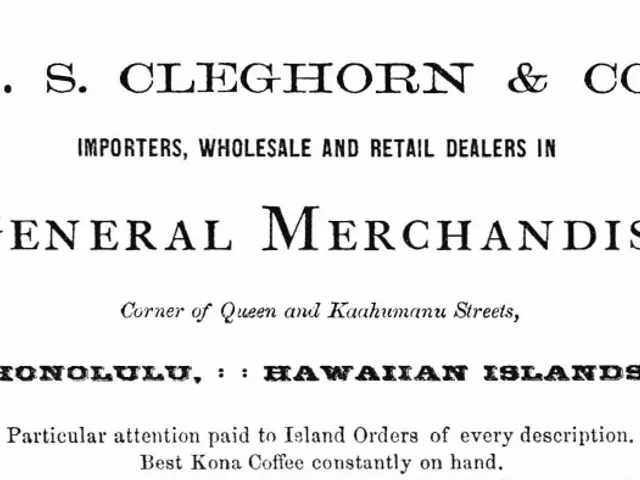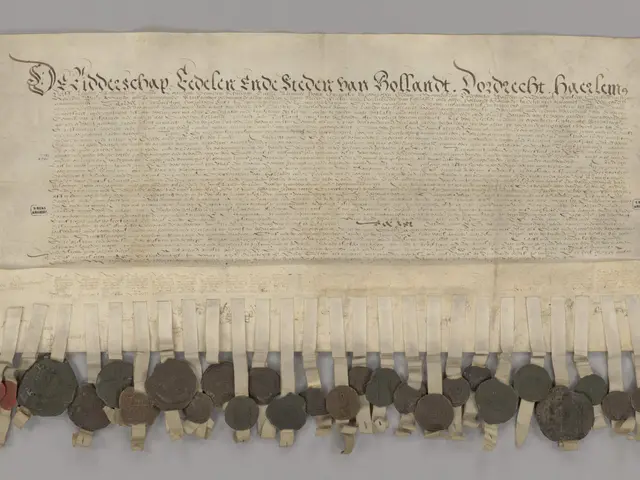Porsche is heavily reliant on petroleum for its profit, with vast amounts of oil-based cargo playing a crucial role in its financial success.
Porsche, the renowned German automobile manufacturer, has announced a comprehensive realignment of its operations to adapt to the changing market realities and customer needs. The company's CEO, Oliver Blume, made the announcement, citing disappointing sales, particularly in China and the US, and the burden of US import tariffs as key factors.
In a bid to save costs, Porsche plans to cut jobs in the Stuttgart region and negotiate a further savings program. The company aims to achieve this while catering to the entire range of customer wishes with a mix of different powertrains. However, Porsche expects less profit this year due to additional special charges of around 1.8 billion euros.
The company's group surplus for January to June decreased by 71 percent compared to the previous year, standing at 718 million euros. In response, Porsche SE, the holding company, has cut its forecast.
Porsche's restructuring this year will cost a total of 3.1 billion euros. The company has abandoned plans for its own battery production in recent times and will instead focus on the market introduction of certain fully electric vehicles at a later date.
The new large electric SUV primarily targeting the US stock market will initially only be available as a combustion engine and plug-in hybrid. Meanwhile, Porsche has been investing in new combustion engines since the beginning of the year and will develop new models, successors for existing vehicles with combustion engines like the Panamera and the Cayenne.
VW, Porsche's parent company, also expects a burden of 5.1 billion euros in charges and follow-up costs this year. The company's expected operating profit margin for the year is only two to three percent, a significant drop from the previously expected five to seven percent.
Recent changes in Porsche's board of directors suggest that the company is undergoing significant changes. Not much of the ambitious e-goal set by Porsche remains, as the market introduction of electric vehicles faces delays due to the delayed ramp-up of e-mobility.
This restructuring comes as Porsche and VW face challenges in the global automotive stock market, with increasing competition and shifts towards electric vehicles. The companies aim to navigate these challenges and continue to deliver high-quality, innovative vehicles to their customers.
Read also:
- Trump administration faces lawsuit by Denmark's Ørsted over halted wind farm project
- U.S. takes a pledge of $75 million to foster Ukrainian resources development
- Unchecked Management of HP Dams Leads to Environmental Disaster: RTI Reveals
- Political Rivalry: Comparison of Labour and Conservative Parties' Policies and Their Current Standings in Polls








